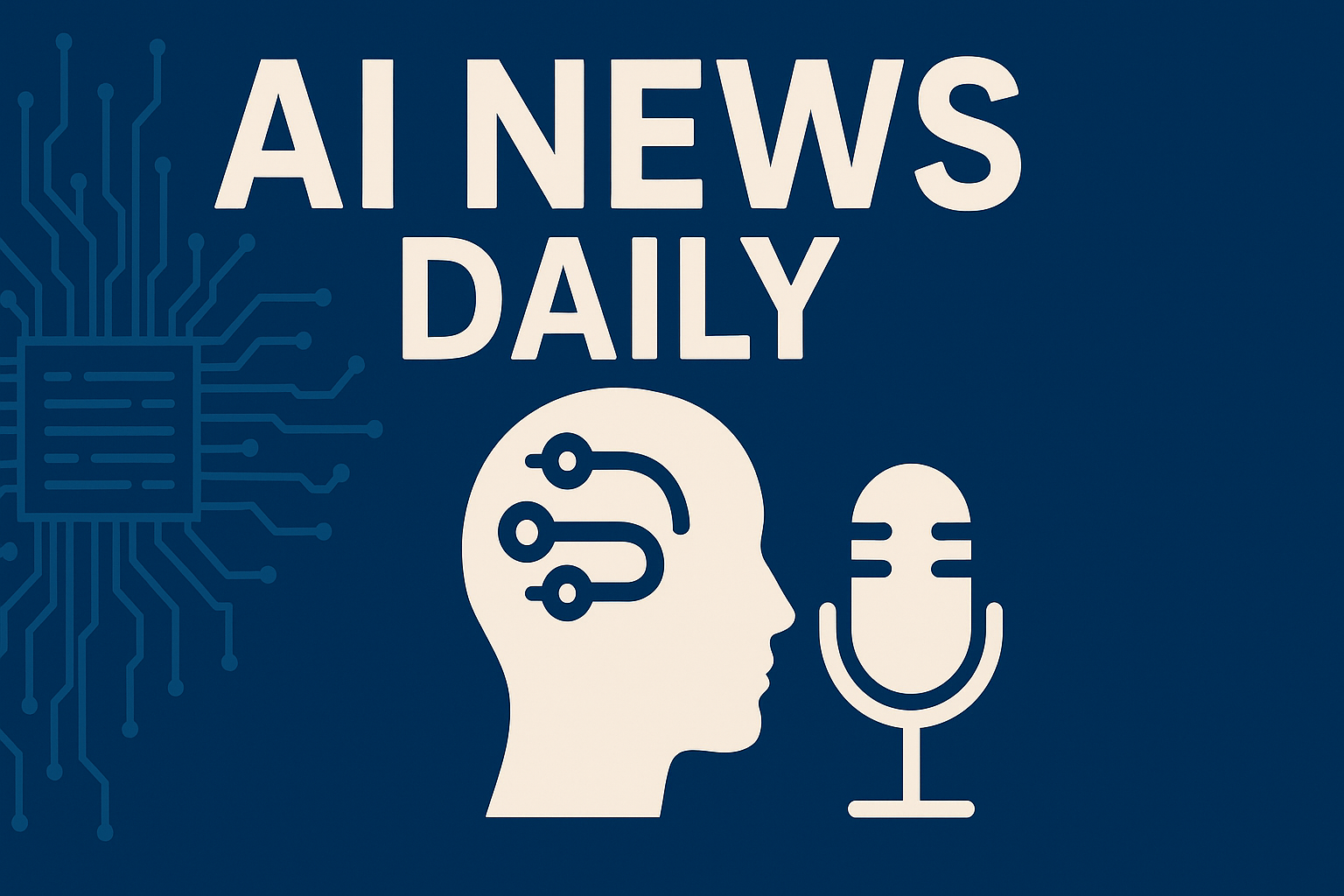Title: AI Adoption Surges Globally as New Innovations, Privacy, and Talent Wars Redefine the Tech Landscape
Content:
Artificial intelligence is experiencing unprecedented global growth, with major advancements, record-breaking user numbers, and mounting debates about privacy, talent, and ethical use. Google’s Gemini AI application has soared past 450 million monthly users worldwide, bolstered by innovative features such as hands-free Gemini Live and extensive integration into Android devices. Gemini’s popularity—especially following expanded language support and tools for Indian developers—has fueled concerns around privacy, particularly as updates grant the AI deeper access to sensitive data like messages and calls. Experts and privacy advocates are urging stronger safeguards amid growing calls for ethical user control.
In response to the AI arms race, Google is developing a more affordable Gemini AI Lite subscription to rival ChatGPT’s pricing and further democratize access to generative AI. The company also unveiled Opal, a no-code app-building platform allowing anyone to create web applications simply by describing their ideas in plain language, lowering barriers for aspiring creators.
Meanwhile, OpenAI’s ChatGPT has reached a staggering 2.5 billion daily queries, underscoring the AI shift in writing, coding, and productivity. Anticipation surrounds the upcoming launch of GPT-5—set for August—with the promise of advanced reasoning, speed, “vibe coding” for more humanlike responses, and mini/nano developer-friendly versions. OpenAI CEO Sam Altman cautioned that society and policymakers remain unprepared for AI’s sweeping impact on jobs and privacy, despite these technological leaps.
Meta has intensified competition in AI research by hiring Shengjia Zhao—a key architect of ChatGPT and co-creator of GPT-4—to lead its Superintelligence Labs, signaling a fierce contest for elite talent as Big Tech races toward the next frontier of artificial superintelligence. Anthropic, another leading AI developer, is seeking significant new funding to increase its valuation and accelerate research as the sector’s capital and talent arms race escalates.
Elsewhere, AI-driven innovation is making tangible impacts across industries and societies. India’s Income Tax Department harnessed AI to uncover over ₹29,000 crore in undisclosed assets, boosting tax revenues, while U.S. law firms gained access to Vancouver-based Caseway’s legal research AI platform. China’s researchers have used AI to classify over 27 million celestial bodies with near-perfect accuracy, revolutionizing astronomy, and Google’s DeepMind not only helped decode ancient Latin inscriptions for historians but also became the first AI to win a gold medal at the International Mathematical Olympiad—outperforming top human mathematicians.
The proliferation of workplace AI remains double-edged: 75% of professionals report being required to use AI, many at personal expense, leading to increased productivity but also stress, inadequate training, and pressure to appear competent. Neurodivergent individuals are finding new confidence and communication support via AI chatbots like ChatGPT, even as experts warn that balance with real-world skills is vital.
Bright spots in healthcare and tech accessibility include studies showing free, open-source AI tools matching commercial software in medical scan accuracy, thus protecting patient privacy and reducing costs. Perplexity AI’s new macOS feature now enables researchers to query both local and remote data, offering greater control for professionals. Meanwhile, AMD’s release of its BF16 Stable Diffusion 3.0 model—optimized for next-gen XDNA 2 hardware—caters to developers and businesses seeking higher performance in machine learning.
However, new risks are emerging. The Tea dating app suffered a data breach affecting over 72,000 users, highlighting the dangers of integrating AI-powered features without robust security protocols. Viral AI-generated photos—such as fake images of Donald Trump with Jeffrey Epstein—have triggered new fears about misinformation and the urgent need for media literacy.
Samsung is reportedly exploring partnerships with OpenAI and Perplexity, eyeing alternatives to Google Gemini in order to boost AI in upcoming Galaxy S26 devices. Meanwhile, continued advances by tools like Midjourney—now enabling users to customize the start and end of AI-generated videos—are making professional digital content easier to produce than ever.
As AI reshapes work, creativity, governance, and daily life, the sector faces critical questions over privacy, job disruption, ethical use, misinformation, and the relentless pursuit of technological leadership.
